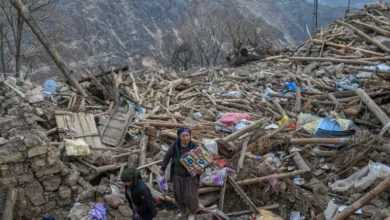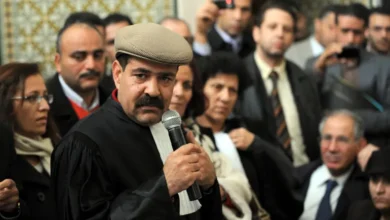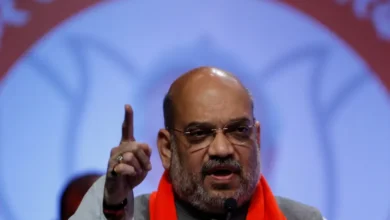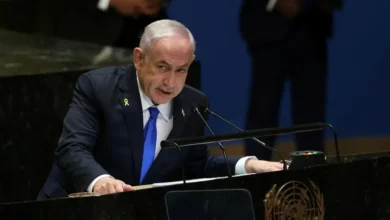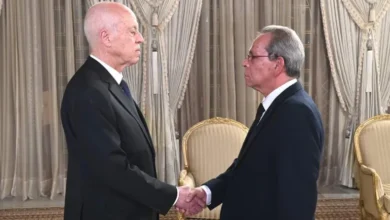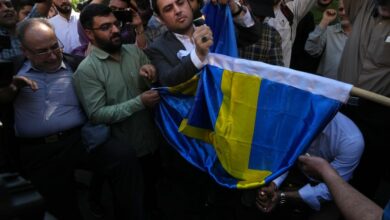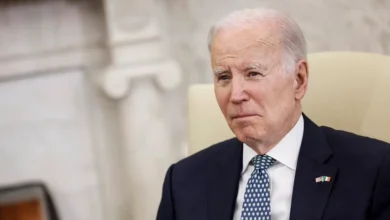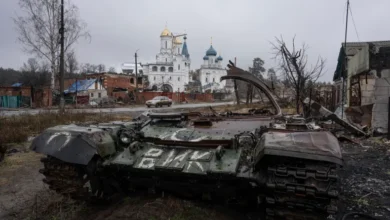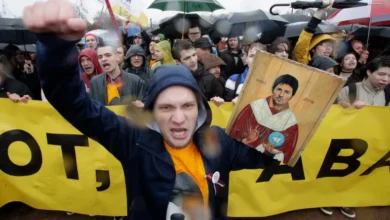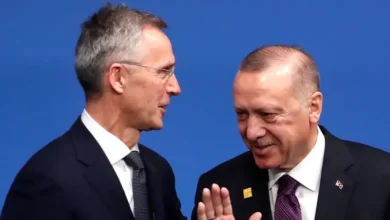Has Hezbollah re-established deterrence with Israel?
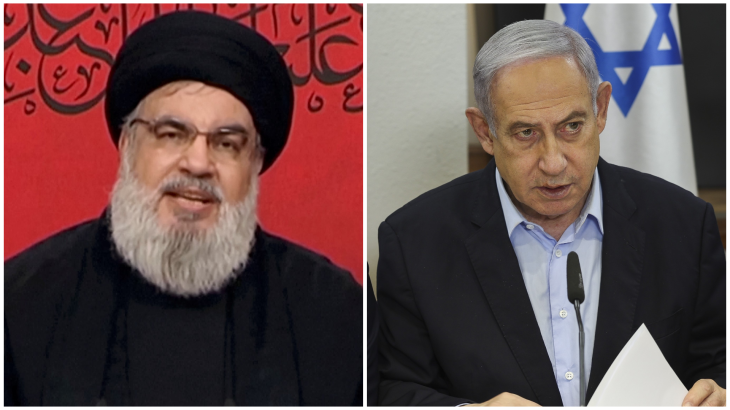
The intensity of cross-border attacks between Hezbollah and Israel has lessened after a spectacular exchange of attacks on August 25.
But after an eventful week in Israel, where news of six executed Israeli captives led to massive protests against Netanyahu’s government, there is a question among analysts over whether the prime minister could intensify on other fronts as a distraction.
“We’re going to exact a heavy price from Hamas; I’m not going to tell you what the price is going to be and what we’re going to do; there’s going to be an element of surprise here,” Prime Minister Benjamin Netanyahu said during a media conference on Monday.
But other than demanding a permanent Israeli presence in the Philadelphi Corridor bordering Egypt’s Sinai, thereby ensuring that Gaza ceasefire negotiations remain paralysed, Netanyahu has given little indication of what direction he will take.
What also remains to be seen is whether Hezbollah has drawn a line in the sand and demonstrated enough deterrent power to discourage Israel from looking towards it as a likely distraction.
The buildup
Hezbollah began intensifying attacks on Israel on October 8, a day after Israel launched what it said was a retaliatory war on Gaza following a Hamas-led attack on Israel during which 1,139 people were killed and some 240 taken captive.
Tensions built up, reaching a boiling point.
On July 31, Israel struck a building in Beirut’s southern suburbs. Five people were killed – two children, two women, and senior Hezbollah commander Fuad Shukr.
Israel said Shukr was responsible for an attack on Majdal Shams in the occupied Syrian Golan Heights that killed 12 children. Hezbollah denied responsibility for the attack.
Shukr was the most high profile, but not the first, senior Hezbollah commander Israel assassinated in Lebanon.
On January 8, Israel killed Wissam al-Tawil, a commander in Hezbollah’s elite Radwan Force, in Majdal Selem, just six days after it killed Saleh al-Arouri, a senior official in Hamas’s Qassam Brigades, in Beirut’s southern suburbs.
After Shukr’s assassination, cross-border attacks intensified as Hezbollah promised to avenge their fallen comrade.
In the early morning of August 25, Israel launched what it said was a preemptive attack on Hezbollah positions in Lebanon, using 100 jets to hit thousands of Hezbollah launch sites.
At least 15 Lebanese towns were hit in the widest Israeli attack on Hezbollah since October 8.
Hezbollah launched its own attack the same morning, with Secretary-General Hassan Nasrallah saying 340 rockets were fired into Israel, targeting 11 military and intelligence locations and hitting the Glilot military base, less than a mile (1.6km) from Tel Aviv.
Renewed deterrence?
Hezbollah has repeatedly said its fight with Israel is connected to Gaza and that it will stop once a ceasefire is achieved.
Some, however, have treated it as a separate conflict, with some Western diplomats reportedly working for months to avoid a wider war in Lebanon.
The latest attack aimed to re-establish a level of deterrence to sway Israel from attacking top Hezbollah leaders, particularly in cities like Beirut, analysts said.
“Hezbollah has indeed re-established a significant level of deterrence following its massive retaliation campaign to avenge Fuad Shukr’s assassination,” Imad Salamey, a political analyst at the Lebanese American University in Beirut, told Al Jazeera.
“This refutes Israel’s claims of having substantially reduced Hezbollah’s capabilities and clearly shows that Hezbollah maintains firm command and control despite Israel’s 10-month-long, very expensive military campaign aimed at weakening the party,” Salamey added.
Regardless of the results of Sunday’s exchange, analysts told Al Jazeera, a certain steadiness has returned to a conflict that had threatened to spiral out of control and draw in players from the region and beyond.
